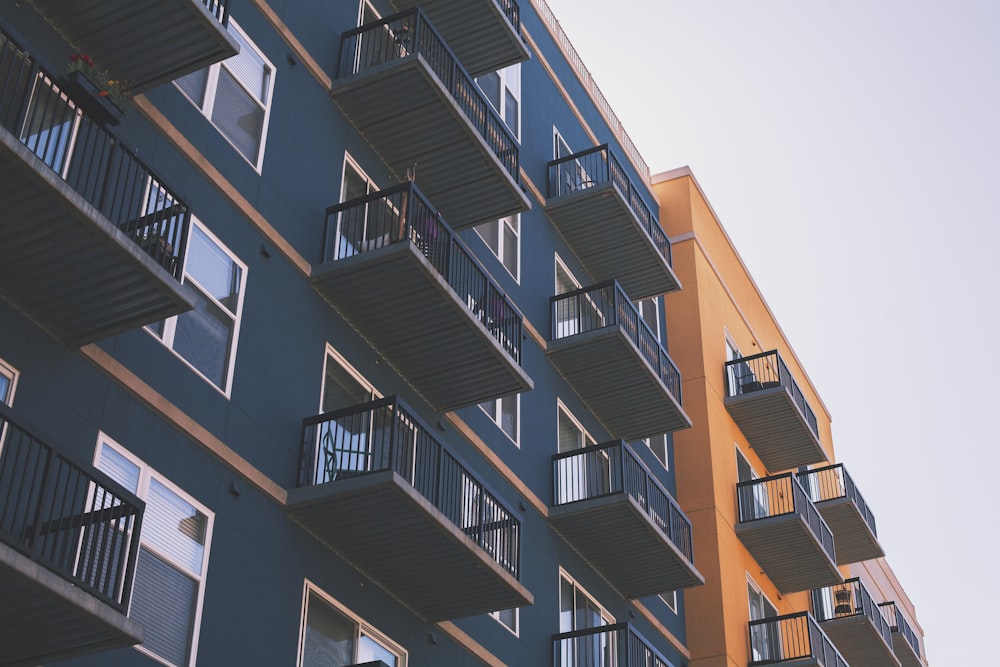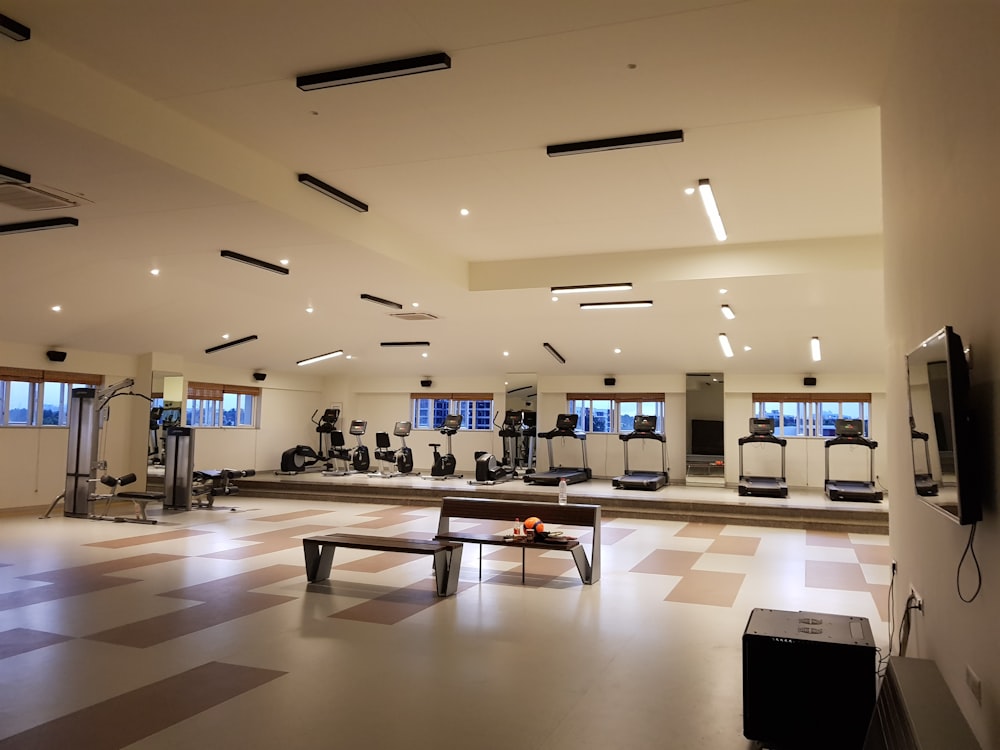COVID-19 has altered nearly everything about our everyday lives — from how we work, how we socialize, how we travel, and how we operate on a day to day basis. Within the property management world, certain procedures and practices have evolved to better benefit property managers and tenants in light of the novel coronavirus.
Since the pandemic first ensued, we have already witnessed the real estate industry undergo a remarkable metamorphosis in being forced to be heavily dependent on mobile technology to execute regular duties, keep steady communication with tenants, and sustain business continuity. Although these amendments were originally intended to be temporary solutions to the problems that came with COVID-19, they are expected to remain in place even after the pandemic dissipates.
With so much still up in the air, many still beg the question of how these pandemic-related transitions will affect the post-pandemic future, and which will stay for the foreseeable future. In this post, we will take a thorough look at how the property management industry has changed, how it has unexpectedly flourished from these shifts, and what the new standard could look like for property management in the future.
Altered leasing priorities
In addition to working remotely and depending solely on digital communication, property managers have had to modify their leasing priorities. During such a time where leasing season would typically start-up, we’re seeing a decline in demand and turnover due to quarantine orders and pandemic-related . In order to solve these problems, property managers have quickly embraced emerging technologies, such as virtual tours, self-guided showings, and online leasing opportunities, to fill their vacancies and keep occupancy at a regular cadence.
Fortunately, virtual showings have proven to be a favorable and feasible option for both prospective tenants and property managers. This style of virtual technology allows property managers to provide nearly the same top-tier customer service experience without any need for in-person interaction. Even though tenants won’t be able to physically touch the walls, feel the floors, or experience the environment of the space first-hand, they’ll be able to get a solid idea of the residence and be able to picture themselves in it.
Updated response plans
In cases where property management currently maintains emergency response programs to mitigate public health issues, managers must work to evaluate the effectiveness and use of these existing strategies. With the current COVID-19 pandemic wreaking havoc on our present-day lives, having prepared response plans in light of an outbreak is essential.
Depending on the findings of your latest risk evaluation, you might find that your established response strategies need to be updated to properly assess and provide solutions to any public health hazard. When adjusting your response plans, seek advice from local public health agencies, industry resources, and even lawyers to make the required corrections.
Revised privacy policies
Should property managers plan to make a building-wide statement if a tenant has tested positive for the COVID-19 virus, it’s important to be mindful of the relevant privacy laws and regulations. Generally speaking, privacy laws do not apply if the statement released does not include the identity of the affected person or other distinguishing identifiers, although it is necessary to ensure that the warning does not invoke any privacy obligations ahead of its release.
Adapted work from home schedules
According to a recent survey conducted by AppFolio, a staggering 82.3% of property managers have at least a portion of staff working remotely, and just over 50% have implemented remote work setups for their entire workforce. With this new wave of change, property management businesses now have to execute daily tasks, coordinate teams, oversee properties, and provide customer service without being in the office or being able to provide in-person communication.
As a career dependent on maintaining in-person relationships and building personal rapport, the career itself has proved to be difficult to adjust to for property managers worldwide. Based on the findings from the survey, property managers cited leasing, upkeep, and collecting rent as their top three challenges after shifting to operating remotely.
To tackle this hurdle, property management companies have turned to technology. 46% of survey participants identified the introduction of digital technologies as one of the main ways in which they are planning their business’ future organization in light of the ongoing pandemic.
Updated maintenance measures
Maintenance has become one of the most contentious facets of property management during the age of social distancing. In the early months of the pandemic, most property management companies suspended non-essential renovations in order to keep their technicians and tenants safe and distanced.
This occurred in tandem with introducing improved safety protocols, too. Some property management companies even went through the trouble of creating innovative and clever ways for tenants to undertake non-emergency repairs themselves through step-by-step online guides, video calls, and door-to-door drop-offs.
As we transition into a post-pandemic landscape, it will inevitably become increasingly important for property managers to house the proper systems that allow them to interact easily and efficiently with their tenants and vendors.
Sanitized common areas
With any degree of infectious biological or chemical contaminant, it is absolutely vital that common areas and gyms are sanitized on a regular basis. Currently, the CDC advises scrubbing and disinfecting frequently touched areas and surfaces on a routine basis. In the future, this style of constant sanitation upkeep will likely carry on for the betterment of your staff and tenants alike.
Wrapping up
In just a few short months, property management has mutated exponentially. With the sudden introduction of mobile technology and shift to remote work, management companies have been able to sustain business as usual and access new markets while retaining their tenant base and keeping everyone safe.
This quick but necessary transition has already begun to build the groundwork for a new age of real estate and property management. By making the most of these breakthroughs and incorporating cloud-based technologies into everyday practices, property management in a post-pandemic era is looking brighter than ever.




